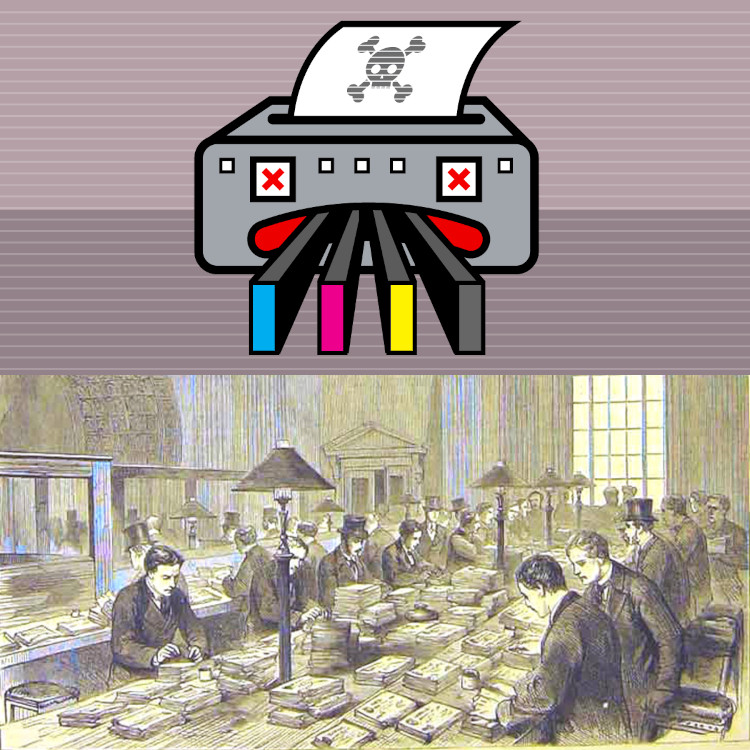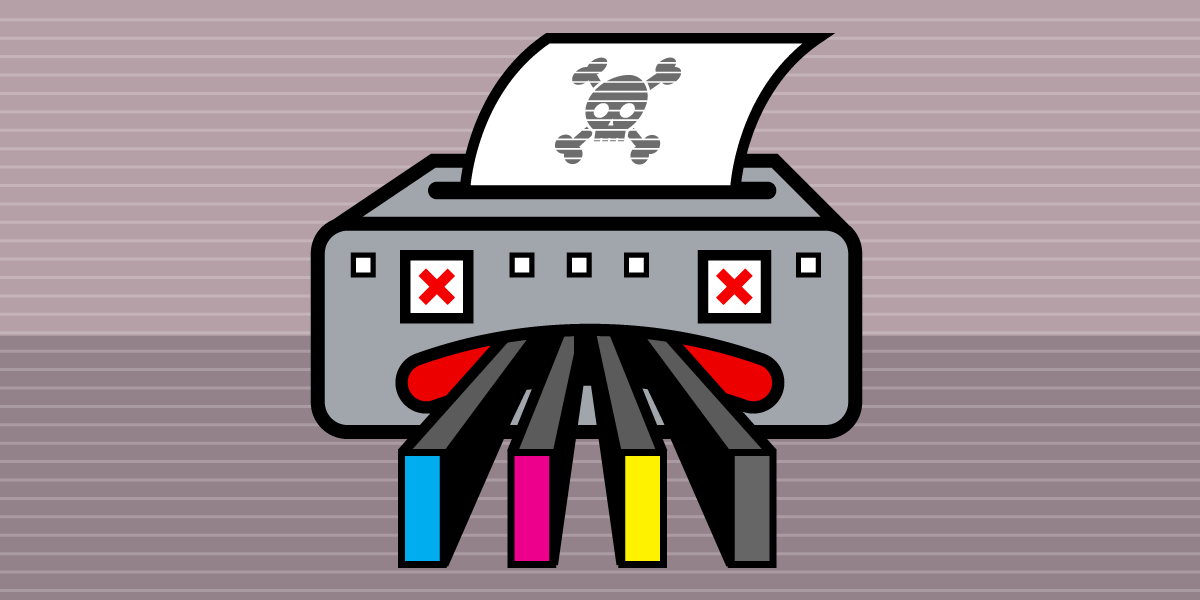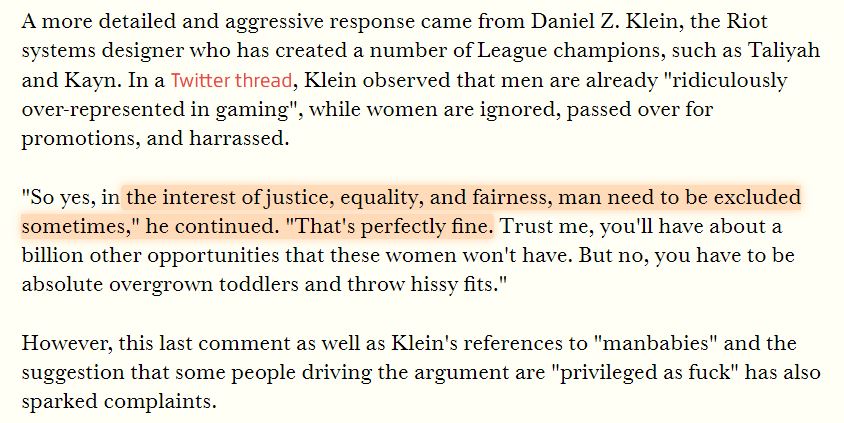For example, "I put the family first" can be a principle.
But then you must put your family first, both when it's convenient for you and when it isn't.
Otherwise it's not a principle.
2/11
WHY IS ERGODICITY IMPORTANT? AN EXAMPLE
— Luca Dellanna (@DellAnnaLuca) December 17, 2020
My cousin was born in a mountain village in the French Alps. Like many there, he learned to ski before reading.
I am a good skier, but I remember the humiliation when I was 14 and he was 6, seeing him surpass me, swift as a bullet.
August 2016.
— Ankur Warikoo (@warikoo) October 2, 2020
It has been 3 months since LinkedIn had launched its video feature.
And I had been waiting for it to be activated on my profile.
A thread...



Back in November, I published an article for @EFF about @HP's latest printer-ink ripoff: after offering its customers a free-ink-for-life plan, it unilaterally switched them all to a $1/month-for-life plan.https://t.co/bsc73xPSuo
— Cory Doctorow #BLM (@doctorow) February 18, 2021
1/ pic.twitter.com/tagduPupA5

Accountancy is more likely to be mocked than celebrated (or condemned), but accountants, far more than poets, are the unacknowledged legislators of the world.
— Cory Doctorow #BLM (@doctorow) February 18, 2021
1/ pic.twitter.com/FaNQc66gQN






